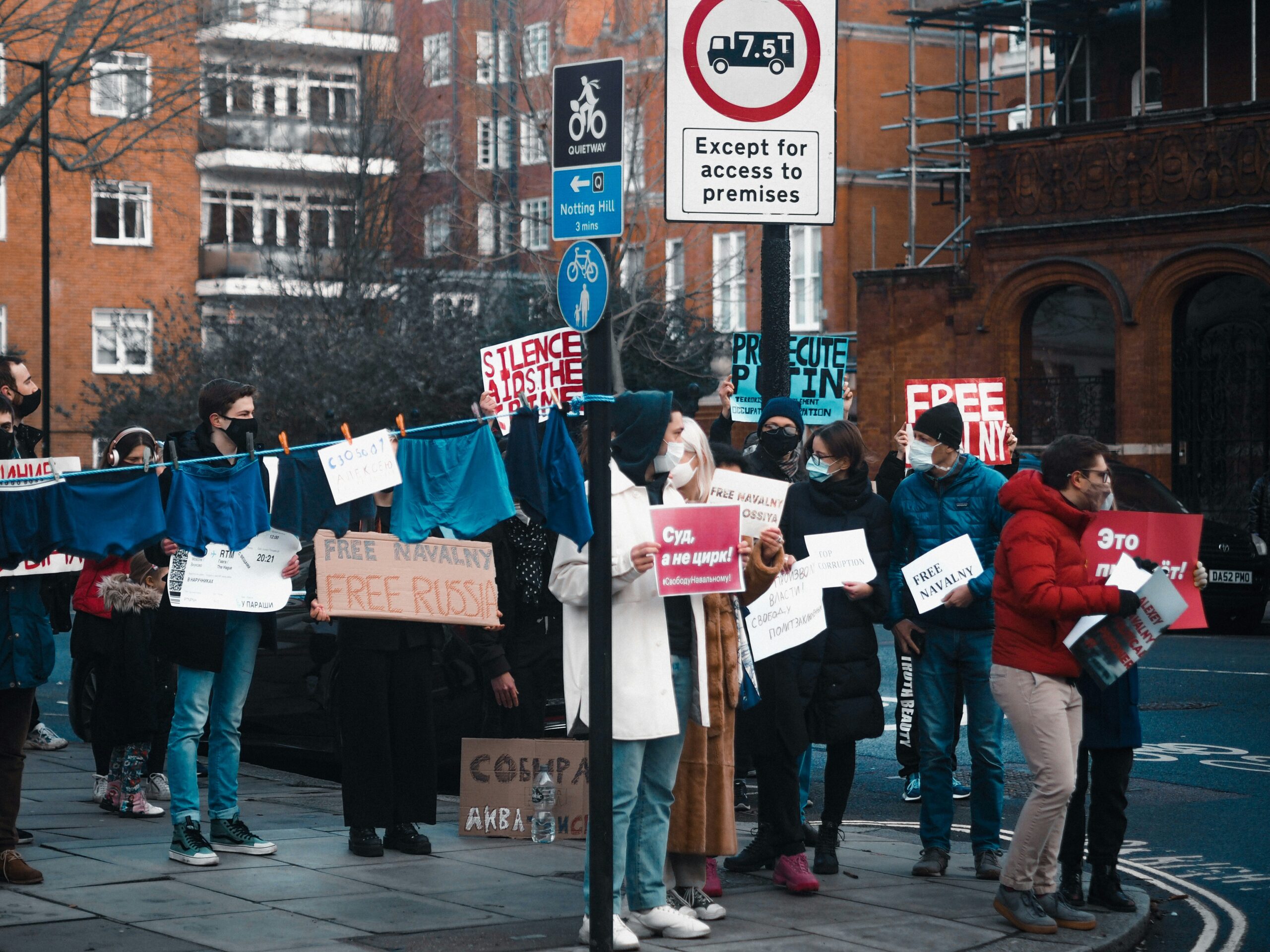Mindanao Seceding from the Republic of the Philippines: Pros and Cons
Explore the pros and cons of Mindanao seceding from the Republic of the Philippines. Learn about the potential benefits of autonomy, resource management, peace, and cultural preservation, as well as the challenges in terms of the economy, national unity, security, and political stability.

Photo by Stephanie Ecate on Unsplash
Former President Rodrigo Duterte suggested on Tuesday night the possibility of Mindanao separating from the Philippines, proposing a method involving the collection of signatures.
During a press conference in Davao City, Duterte said it was Davao Del Norte Rep. Pantaleon Alvarez with initially advocating for the idea of Mindanao’s secession from the Republic of the Philippines.
Mindanao, the second-largest island in the Philippines, has been a region with a complex history and diverse cultural makeup. Over the years, there have been discussions and debates about the possibility of Mindanao seceding from the Republic of the Philippines.
The idea came up again after Duterte voiced disapproval of the signature drive aiming to initiate a people’s initiative for altering the 1987 Constitution.
He has associated President Ferdinand “Bongbong” Marcos Jr., hailing from Ilocos Norte, and Speaker Martin Romualdez, representing Leyte, with the efforts to push for Charter change.
Pros of Mindanao Seceding
1. Autonomy and Self-Governance
Mindanao is home to various ethnic groups, including the Moro people, who have long sought self-determination. Seceding from the Philippines would grant Mindanao greater autonomy and the ability to govern itself according to its unique cultural and political needs.
2. Resource Management
Mindanao is rich in natural resources, including minerals, fertile land, and marine resources. With independence, Mindanao would have full control over its resources, allowing for more efficient management and potentially benefiting its economy and people.
3. Peace and Stability
Mindanao has experienced decades of conflict, primarily driven by historical grievances and struggles for self-determination. Some proponents argue that secession could lead to lasting peace and stability in the region, as it would address the root causes of conflict and allow for the development of a more inclusive and just governance system.
4. Cultural Preservation
Mindanao is known for its diverse cultural heritage, which includes various indigenous groups and the Islamic traditions of the Moro people. Secession could provide an opportunity to preserve and promote these cultural identities, ensuring the protection of their language, traditions, and heritage.
Cons of Mindanao Seceding
1. Economic Challenges
Mindanao’s economy is currently integrated into the larger Philippine economy. Secession could result in economic disruptions, including the need to establish new trade agreements, currency, and infrastructure. It may take time for Mindanao to establish a stable and self-sufficient economy.
2. National Unity and Identity
Mindanao seceding from the Philippines would challenge the notion of a unified nation and could potentially weaken the national identity of the Philippines. It may also lead to tensions between Mindanao and the rest of the country, affecting social cohesion and national solidarity.
3. Security Concerns
Secession could create security concerns, both for Mindanao and the Philippines as a whole. It may lead to the formation of new borders, potential territorial disputes, and the need to establish separate defense forces. Ensuring the safety and security of all citizens would be a crucial consideration in the event of secession.
4. Political Instability
The process of secession and the establishment of a new independent state can be complex and challenging. It may involve negotiations, constitutional changes, and the formation of new political institutions. This transition period could potentially lead to political instability and uncertainty.
The question of seceding from the Republic of the Philippines is a complex and sensitive issue. While there are potential benefits in terms of autonomy, resource management, peace, and cultural preservation, there are also significant challenges in terms of the economy, national unity, security, and political stability.
Any decision regarding secession would require careful consideration of these pros and cons, as well as the aspirations and concerns of all stakeholders involved.
Ultimately, the path forward for Mindanao lies in open and inclusive dialogue, where the concerns and aspirations of all parties are taken into account. Only through respectful and constructive discussions can a peaceful and sustainable solution be reached.
To bring up the idea of secession at a time when political tensions are high is not the most opportune time.









